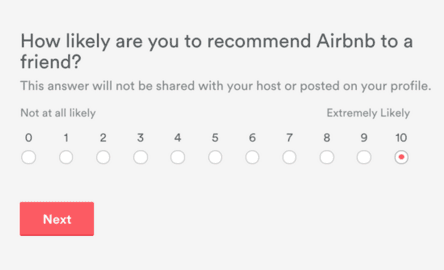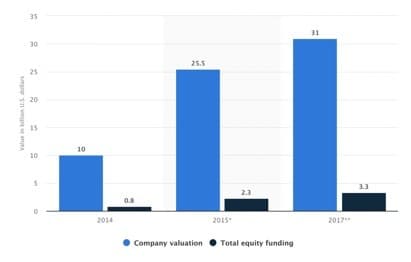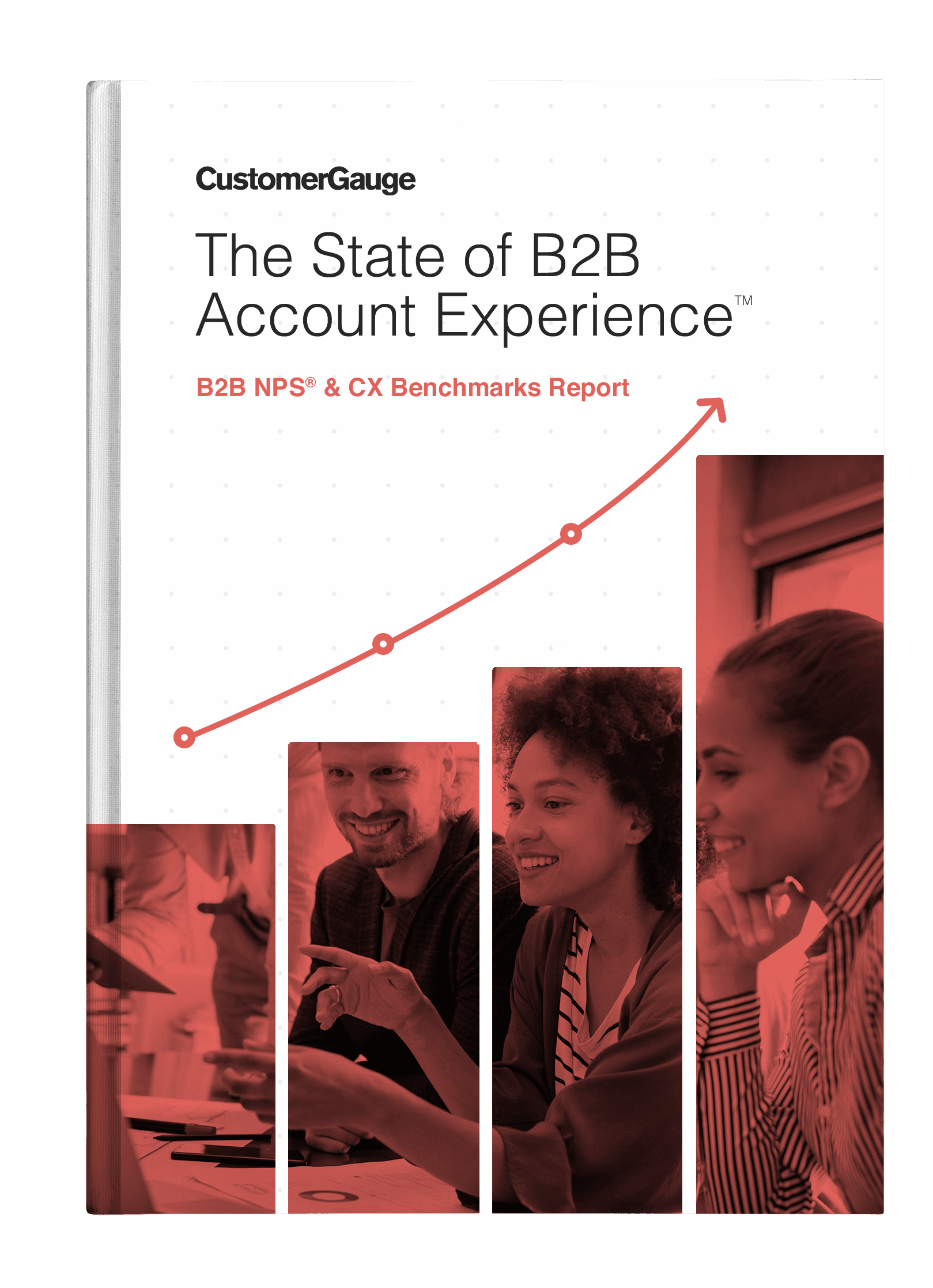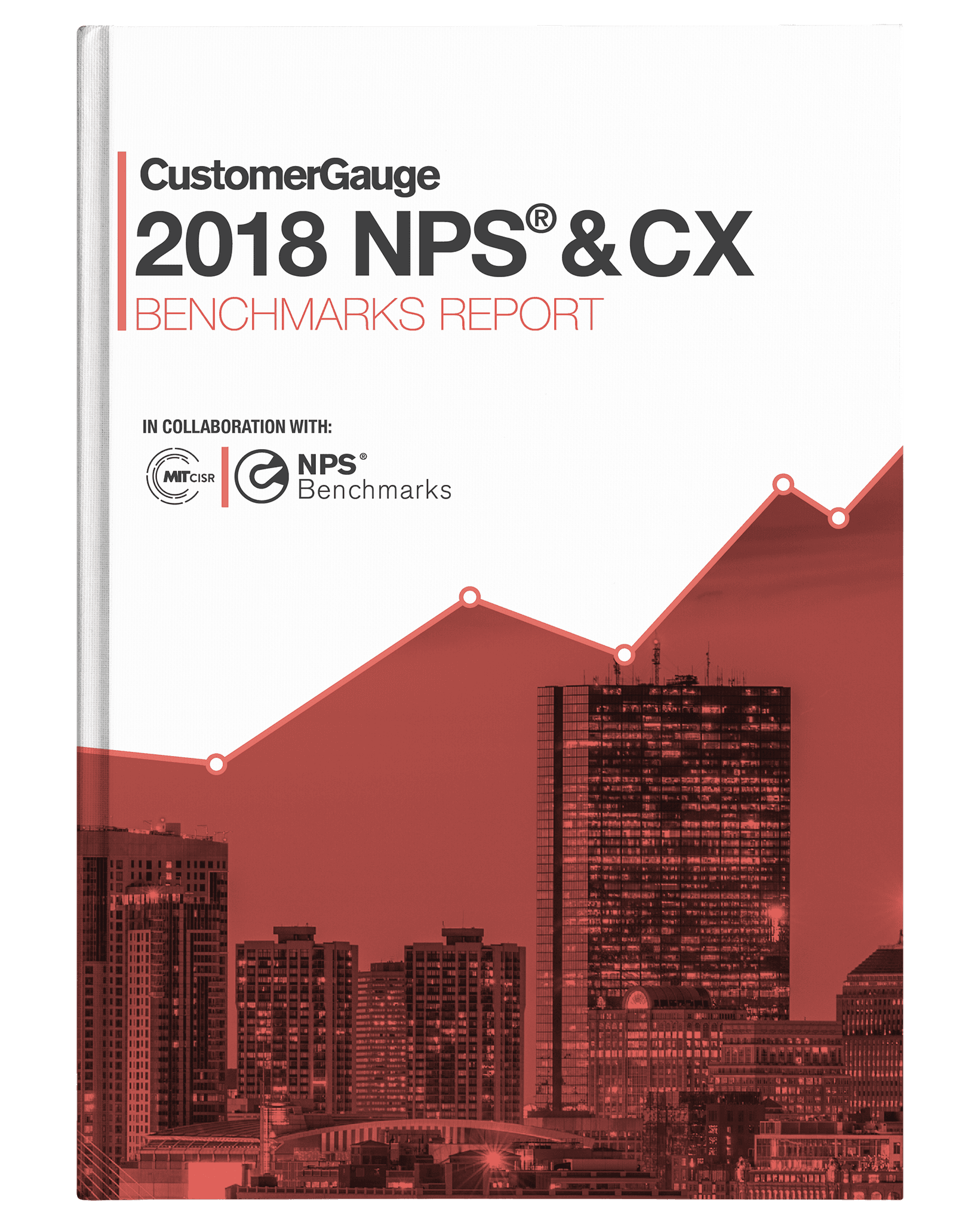Airbnb—Driving Customer Experience Home for a Decade
by Ian Luck
The year 2018 set numerous milestones for influential companies such as Skype, Tesla, Google, and LinkedIn. This August, Airbnb celebrated its 10-year anniversary. In a short decade, the worldwide accommodations leader has disrupted the hotel industry by introducing new accommodation and business possibilities to its clients. The results are groundbreaking. The company has over 150 million users globally, three million of whom are hosts. In 2017, Airbnb earned $93 million in profit from $2.6 billion in revenue, receiving the prestigious label of Second Most Valuable Start-up in the U.S. by CB Insights.
So what factors influence Airbnb’s rapid growth, popularity, and progress? At the heart of Airbnb’s success are two core values: customer experience and employee satisfaction.
Starting the journey in customer experience
Like any successful, customer-centric business, Airbnb is dedicated to providing the best possible experience and value for its customers. This mission depends on the company consistently providing, and even guaranteeing, a positive customer experience beyond their site.
Once a guest books accommodation through the platform, it is the host’s responsibility to meet expectations and provide great service. In contrast, traditional hotels have control over their entire customer journey— from the booking process to the satisfaction of their stay.
Understanding that their customer experience is linked to host performance, Airbnb implemented a robust yet simple review system. With a short survey, the company encourages guests to leave reviews and ratings to evaluate their stay. Guests rate their overall trip experience along with six key elements - accuracy, communication, cleanliness, location, check-in, and value. The review scores are published alongside each listing, giving future guests a sense of security in their transaction.

For Airbnb, this provides an opportunity to calculate the overall host performance score, which is then compared against the Airbnb host score average. Listings that consistently fall below mark are subject to penalties or, when drastic action is needed, banned from the business. The method was an excellent starting point, but Airbnb needed to understand what impacted their re-bookings and referrals, and in turn, which factors would generate growth.
Leveraging NPS with trip experience to understand a key driver
In 2013, Airbnb introduced the Net Promoter Score® question to its customer experience survey to gauge customer loyalty and understand the likelihood or repeat bookings. NPS® is a customer loyalty metric that companies use to understand how their customers feel about them. Using NPS ultimately helps businesses monetize on their customer loyalty.
With the simple question, “On a scale of 0-10, how likely are you to recommend Airbnb to a friend?” Airbnb was able to identify its promoters (anyone that responded with a 9 or 10), its passives (anyone that responded with a 7 or 8), and their detractors (anyone who responded with a 6 or lower). The score was then calculated by subtracting the percentage of their detractors from the percentage of their promoters.

This NPS survey collected data from more than 600,000 guests who completed their trips between January and April 2014. When the results were in, Airbnb identified that roughly 400,000 survey participants were in the promoter category while only 12,000 were detractors, giving the company a Net Promoter Score of 54.
It is important to note the difference between NPS and the overall trip experience score. Both metrics were part of the same transactional survey (only sent out to customers who had just completed their experience as a guest). However, the key distinction is that NPS assesses overall customer loyalty to the company while overall the trip experience score looks at a single trip taken.
By adding NPS, Airbnb was able to identify the impact that an unsatisfactory experience could have on a loyal customer. The results identified that out of all accommodation-dissatisfied guests, only 26% maintained their status as promoters. By measuring the collective experience and loyalty in addition to the individual trip experience, the company was able to understand how important every single journey was to their customer.
Seeing the correlation between trip satisfaction and brand loyalty motivated Airbnb invest in host training. The result? In 2015, Airbnb launched an eLearning hub dedicated to host tips and training. Allocating resources to foster host best-practices led to a growth in customer trip satisfaction, which in turn lead to a growth in loyalty and ultimately increased referrals and rebookings.
Monetizing customer experience
In the following years, Airbnb’s value tripled as the company grew its customer base, size, location, and funding. In 2017, Airbnb’s bookings grew by 150%, and the company raised $1 billion in funding, bringing its total valuation to $31 billion.

It was the combination of NPS, customer review metrics, and performance data that ultimately championed the continuous improvement in customer experience. Today, Airbnb’s Net Promoter Score is 38—lower than their starting point, but still admirable compared to the hospitality industry’s average NPS of 44.
Building brand promoters out of happy employees
In addition to the company’s determination to provide first-rate customer experience, Airbnb has gone to great lengths to enhance work experience for their employees. From wellness programs to educational workshops, it is no wonder that Airbnb sits securely as No. 11 in LinkedIn’s ‘Top 50 Companies to Work For’ list. According to Brian Chesky, Airbnb’s co-founder and CEO,
“Your brand evangelists are your employees.”
In 2016, Mark Levy, former Global Head of Employee Experience at Airbnb, established an experience department for employees. He hoped to create an “inside out strategy” that sat in line with Airbnb’s primary mission of a global sense of community and reflected their recent “Belong anywhere” campaign.
Initially, Airbnb’s HR department was broken down into three separate groups - talent, recruitment, and ground control (dealing with employee culture). The Employee Experience Department combined all three groups under one roof. Other specializations and initiatives were also added to the department, including compensation and benefits, organizational development, education, facilities, safety and security, and the food program.
While Airbnb has yet to make its official eNPS score public, its actions, willingness to change, and core values reaffirm that a strong percentage of employee promoters contribute to growth, customer satisfaction, and higher revenue.
Parting words
Airbnb emerged as an accommodations leader in just one decade. Despite having less control over their customer experience than traditional hotel establishments, Airbnb found unique ways to improve their customer satisfaction and boost re-booking and referral rates. By cross-referencing NPS and trip satisfaction data, Airbnb was able to infer the critical importance of every trip. This in turn encouraged the company to take action and facilitate host support programs such as their eLearning hub. Lastly, Airbnb's robust Employee Experience Department enhances the company’s culture of belonging and, in turn, contributes to growth and continuous improvement for customers.
Blog Home









